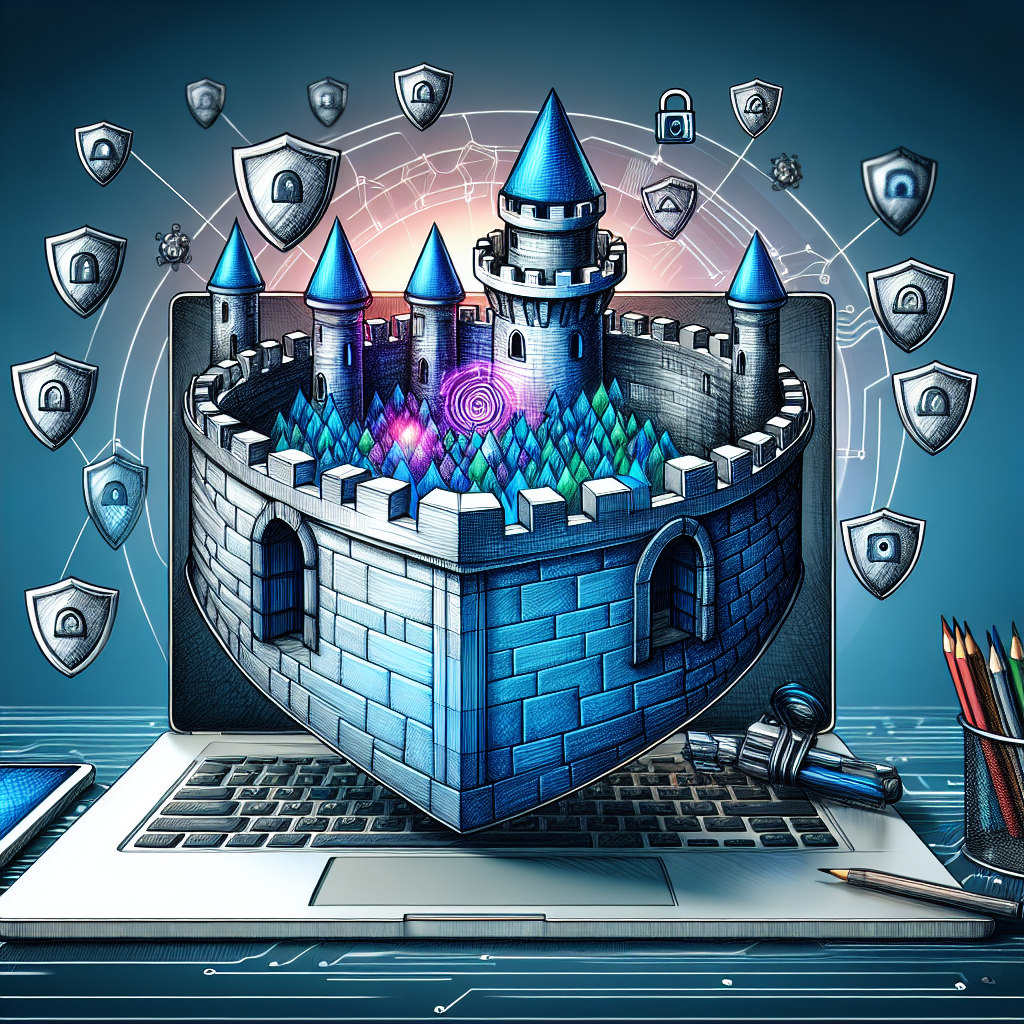Your cart is currently empty!
How to Protect Your Personal Data Online: Cybersecurity Tips for Individuals

In today’s digital age, protecting your personal data online is more important than ever. With the increasing number of cyber threats and data breaches, it is crucial to take steps to safeguard your information and prevent it from falling into the wrong hands. Here are some cybersecurity tips for individuals to help you protect your personal data online:
1. Use strong, unique passwords: One of the easiest ways for hackers to gain access to your accounts is by guessing your password. To prevent this, make sure to use strong, unique passwords for each of your online accounts. Avoid using easily guessable passwords such as “password123” or “123456” and instead opt for a combination of letters, numbers, and special characters.
2. Enable two-factor authentication: Two-factor authentication adds an extra layer of security to your accounts by requiring a second form of verification, such as a code sent to your phone or email. This can help prevent unauthorized access to your accounts even if your password is compromised.
3. Be cautious of phishing scams: Phishing scams are a common tactic used by cybercriminals to trick individuals into revealing their personal information. Be wary of emails or messages that ask for sensitive information or contain suspicious links. Always double-check the sender’s email address and avoid clicking on any links or attachments from unknown sources.
4. Keep software and devices up to date: Software updates often include security patches that help protect your devices from vulnerabilities that could be exploited by hackers. Make sure to regularly update your operating system, web browsers, and any other software or apps you use to stay protected against the latest threats.
5. Secure your home network: If you use a Wi-Fi network at home, make sure to secure it with a strong password and encryption. Avoid using default network names and passwords, as these can be easily guessed by hackers. Additionally, consider setting up a guest network for visitors to prevent them from accessing your personal data.
6. Use a virtual private network (VPN): A VPN encrypts your internet connection and masks your IP address, making it harder for hackers to intercept your data. Use a reputable VPN service when connecting to public Wi-Fi networks or when accessing sensitive information online.
7. Monitor your accounts regularly: Keep an eye on your bank statements, credit reports, and online accounts for any suspicious activity. Report any unauthorized transactions or changes to your accounts immediately to prevent further damage.
By following these cybersecurity tips for individuals, you can better protect your personal data online and reduce the risk of falling victim to cyber threats. Remember to stay vigilant and proactive in safeguarding your information to keep it safe from hackers and cybercriminals.

Leave a Reply